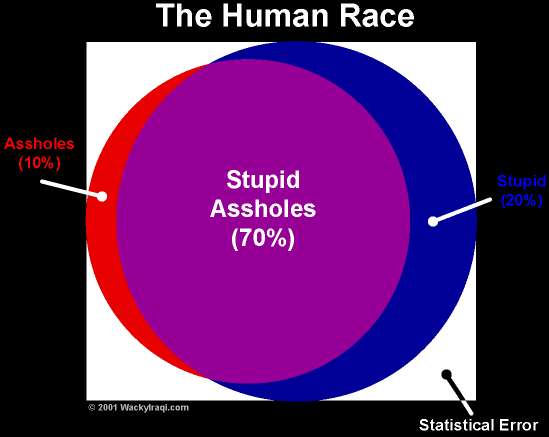Page One takes us into the newsroom at the New York Times office, revealing the underbelly of one of the world’s most prolific news publications. The documentary addresses issues pertaining to the journalistic world, including the shift from print to online news publication and the consequent effects this transition has had on the news world, both financially and contextually.
As a new media student who eventually would like to pursue journalism, Page One addresses issues that are prevalent in my world. At this point, I worry less about the politics of the news world and more about the chances of me being able to find some sort of employment after grad school. Being the typical starving university student that I am, I take advantage of pretty much anything that’s free, from food to coffee to whatever UBC emblazoned stationary that’s often handed out by over-eager students of weird clubs that are present in the SUB every once and a while. If I’m willing to go through an awkward chat with a questionably chipper UBC advocate in the SUB for a free pen, I surely am not willing to fork over two-fifty for a quality newspaper. Free news is something that is easily accessible at the click of a button, and I don’t have to go through any uncomfortable interpersonal activity to get it. This is a long way of saying that on my bi-weekly salary of $0.00, I refuse to pay the New York Times pay wall. As soon as it comes up, it’s nothing but an inconvenience to me, and I move onto some other free news website (or, more likely, Facebook).
What did Page One teach me?
– Pay wall = good. Print newspapers are not as important as they used to be, so they have to find money somewhere.
– There are enough dedicated and affluent readers of quality news out there to support news publications and keep journalists employed.
– Maybe I’ll find a job.
– I probably won’t, but whatever.
Page One gave me a lot of material to tell my mom when she urges me to pursue a career that is a little more lucrative, i.e. anything other than journalism. Quite honestly, if I had paid a little more attention to the politics of the documentary I’d probably have more to say. I was too busy mapping out my plans to mooch off some more free things around the school.
Melissa Kuipers

